Hadith About Ramadan: The Book Of Fasting & the Holy Month
Ramadan is a month of fasting and devotion, of course, but it also contains great teachings of Prophet Muhammad (PBUH) during this auspicious month. Such are the divine teachings, given as authentic Hadith about Ramadan, giving Muslims enough to become knowledgeable on how to approach the blessings this holy month facilitates.
In this blog post, we will explore different Hadith about Ramadan, illuminating the significance of fasting, prayer, charity, and repentance during this holy period. Additionally, we will discuss how these Hadith serve as both inspiration and guidance for Muslims in anticipating the month of Ramadan, fulfilling its rituals and developing a profound bond with Allah.
What Is Hadith?
So, before we jump into the hadith regarding Ramadan, we first need to understand what a hadith is. This concept itself, interestingly enough, is found in Islam a lot too, where Hadiths (sayings of the Prophet Muhammad (PBUH)) are used for the means that people take. These narrations are an essential source of guidance for Muslims, the only source besides the Quran.
From the Hadith, a bibliography that helps you understand the teachings of the Quran and religious observances, such as fasting in Ramadan, defines the practices in your daily life.
Ramadan is an important time for Muslims in the spirit of devotion and volunteerism
Ramadan represents the ninth month of the Islamic lunar calendar and is a time of great spiritual importance. During Ramadan, Muslims do not eat or drink from dawn to dusk and instead refrain from all physical needs. To fast to train yourself to use your free will against your harmful desires is not the only goal, — there is also enhance one’s relationship with your creator — Allah.
The Hadith regarding Ramadan focus on the spiritually enriching aspects of fasting and the significance of the month as an act of worship. Ramadan month, as the Prophet (peace be upon him) said, is the month of forgiveness, mercy, and salvation from Hellfire.
Key Hadith About Ramadan
Below are a few of the most important Hadith about Ramadan that explains its value and reward:
1. Fasting is a Shield
The Prophet Muhammad (PBUH) said:
“Fasting is a shield. So when one of you is fasting, let him not utter lewdness, evil speech, or foolishness. And if somebody fights with him or abuses him, let him say, ‘I am fasting.’ ”
(Sahih al-Bukhari)
Fasting is, therefore, not only deprivation from eating but also a rampart. It safeguards the fasting person from misconduct and encourages modesty, perseverance and respectability.
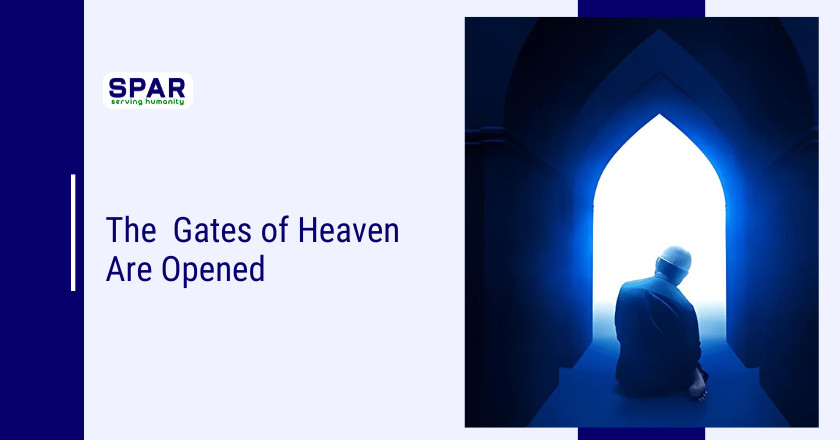
2. The Gates of Heaven Are Opened
The Prophet Muhammad (Peace Be Upon Him) said:
“When Ramadan starts, the gates of heaven are opened, and the gates of hell are locked, and the devils are chained.”
(Sahih al-Bukhari)
This hadith shows us the special spiritual opportunities Ramadan offers the believers. It is believed that during this time, the barriers to heaven are taken away so Muslims will have an easier time asking for forgiveness and doing good deeds.
3. The Night of Qadr
Features of Holy Prophet Muhammad (S.A.W.W)
“Whoever prays in the Night of Decree (Laylat al-Qadr) while having faith and seeking reward, his previous sins will be forgiven.”
(Sahih al-Bukhari)
Laylat al-Qadr (The Night of Power) is during the last 10 days of Ramadan. This hadith mentions that worship on this night can lead to the forgiveness of sins, making it among the most spiritually significant nights of the year.
4. A Month of Forgiveness
A saying of the Prophet Muhammad (PBUH):
Anyone who fasts during the month of Ramadan out of faith and in pursuit of reward will have his previous sins forgiven.”
(Sahih al-Bukhari)
This hadith illustrates Allah’s mercy and forgiveness in Ramadan. Not only will righteous fasting expunge the sins of the past, but it will also be a time of spiritual renewal and purification.
5. The Reward for Charity in Ramadan
The Prophet Muhammad (PBUH) said, “The best charity is that given during Ramadan.”
(Sunan Ibn Majah)
Ramadan is a time of increased charity. This hadith encourages Muslims to be more charitable during this blessed month, as the rewards for acts of kindness and giving are multiplied during Ramadan.
6. The Extra Reward for Fasting
By The Prophet Muhammad (PBUH)
“Every deed of the son of Adam is for him, except fasting. It is mine, and I shall reward it.”
(Sahih al-Bukhari)
The distinction of fasting lies in the fact that it is one of the acts of worship known to be rewarded only by Allah. Furthermore, this particular Hadith indicates the close relationship between fasting and Allah SWT and the reward associated with fasting, which elevates our closeness to Allah SWT.
The Importance of Following the Teachings of the Hadith Relating to Ramadan
Ramadan presents a rare opportunity for Muslims to actively pursue and enhance their faith. So here are a few of these benefits from following the teaching of Hadith:
- Spiritual Cleansing: Ramadan fasting, prayer and charity cleanse the soul and develop a closer relationship with Allah
- Multiplication of Good Deeds: According to the Hadith, the good deeds performed in Ramadan carry a higher weight, and it is the best time to do as much worship as one can.
- Self-Discipline: The act of fasting instills self-control, patience, and compassion for the impoverished souls.So, my quarter answer is Mubarak Eid al-Adha!
- Forgiveness: Ramadan is a time of mercy and forgiveness. Muslims who genuinely seek repentance and forgiveness can look forward to Allah’s forgiveness of their sins.
Prepare for Ramadan According to Hadith
The hardware goes through the cleaning, but as for the software (spiritual), it’s a different matter. The Hadith of Ramadan is key guidance for Muslims to be prepared for this holy month. Here are some ways to get ready:
The Prophet Muhammad (PBUH) said: Increase Worship Before Ramadan
“When the blessed month of Ramadan comes to you, do not let ghaflah [laziness or neglect] weigh down your heart.”
In addition, spinning up more acts of worship in this month will help you enter Ramadan with worship.
His internalization of fasting THE MOVEMENT OF HEART IN SINCERITY His Continuous Act of Righteousness: The Prophet Muhammad (PBUH), may Allah bless Him and grant Him peace, explains it well.
“Whoever fasts in the month of Ramadan out of faith and in the hope of earning reward will have their past sins forgiven.”
Give Charity: The last days of Sha’ban (the month before Ramadan) so you can increase your charity because it is a great way to get ready for Ramadan.
Ramadan: General Practice
The hadith on Ramadan also emphasize common practices which should be followed during the month, when possible. These include:
Suhur, the pre-dawn meal, is vital to having energy in the day. The Prophet Muhammad (Peace Be Upon Him) said:
“Partake in Suhur, for there is indeed a blessing in it.”
(Sahih Muslim)
Iftar: It is Sunnah to break the fast with dates and water, as stated in many Hadiths.
Taraweeh Prayers: Although not obligatory, it is highly encouraged during the Ramadan month for the best reward, said the Prophet Muhammad (PBUH).
Fasting in Ramadan: What does it mean?
In one type of worship, the morning and evening are fasting; Muslims, except for hunger, drink and violence. It is a process to cleanse the spirit and get nearer to Allah.
What are the spiritual advantages of fasting for Muslims?
It encourages patience, sympathy for poverty and enhances the connection with Allah. The hadith on Ramadan suggests that fasting purges the soul and allows one to have forgiveness for past sins.
What is Laylat al-Qadr, and why is it important?
Laylat al-Qadr—or the Night of Power—occurs on one of the last 10 nights of Ramadan. Ramadan is a month of forgiveness, and the Hadith about Ramadan mentioned that worshipping during this night will result in the forgiveness of all previous sins.
What is the reward for fasting during Ramadan?
In Ramadan, you can do more worship, give Sadaqah, observe Taraweeh prayer and complete your fasting with Ikhlas meditatively.
Is it possible to fast during Ramadan when in a non-Islamic country?
To answer your second question, Muslims can observe Ramadan wherever they are. The important thing is to observe the fast and prayers and to give charity, which are a demonstration of the teachings of the Prophet Muhammad (PBUH).
Do I have to give my Zakat during the month of Ramadan?
Although giving Zakat is not obligatory in the month of Ramadan, it has always been greatly encouraged. When it comes to Ramadan, Hadith mentions that charity in this month is multiplied by rewards.
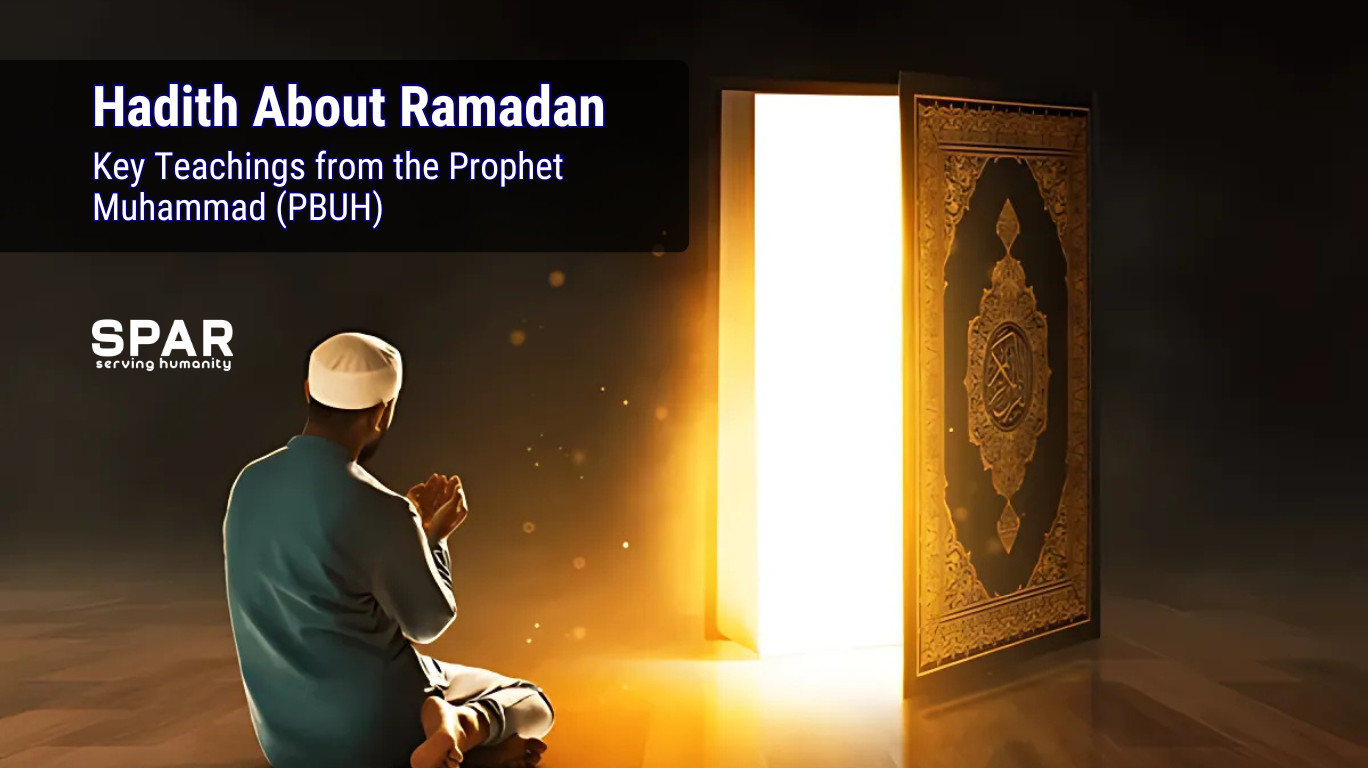
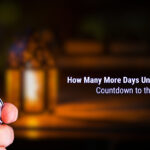
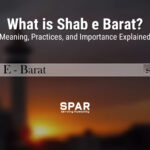
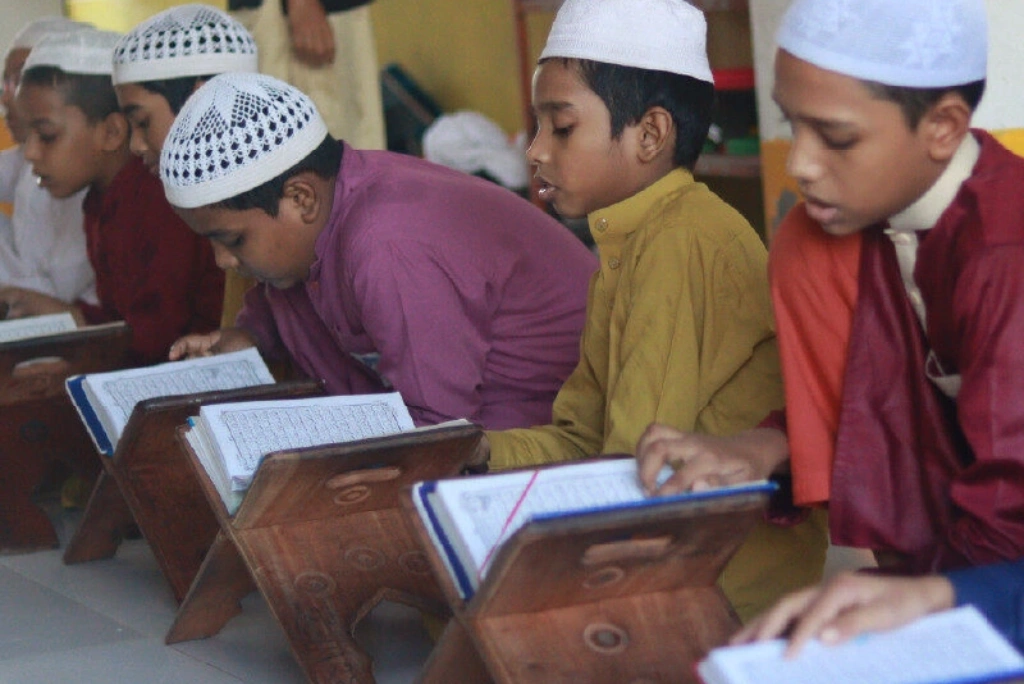
 Secure
donation
Secure
donation